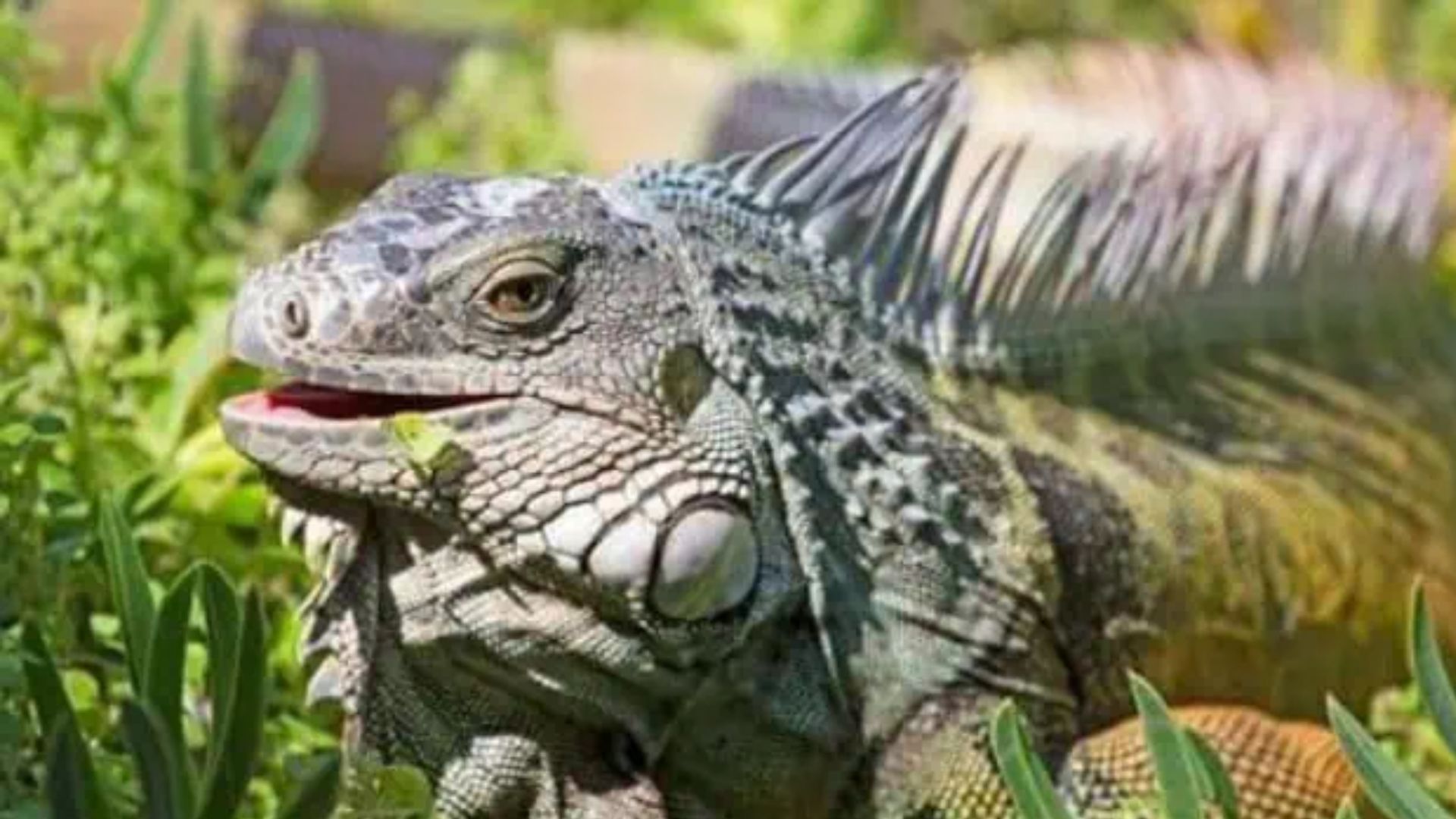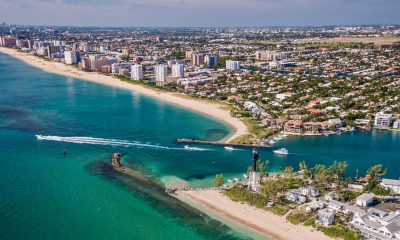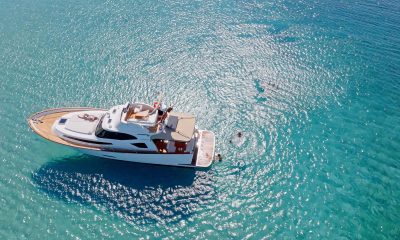South Florida Local News
The Florida Fish and Wildlife Conservation Commission is asking residents and stakeholders to provide feedback on proposed rule changes for managing green iguanas across the state

Florida – The Florida Fish and Wildlife Conservation Commission (FWC) is inviting the public to provide input on proposed rule changes concerning the management of green iguanas, an invasive species that has become increasingly prevalent throughout the state. The commission is focusing on outdoor caging, biosecurity, collection, and transport of prohibited live green iguanas, particularly those held for sale, exhibition, or research.
To gather public input, the FWC’s Nonnative Fish and Wildlife Program will host three virtual meetings in early September. The sessions are scheduled for Thursday, September 4, from 6 to 8 p.m. Eastern; Friday, September 5, from 2 to 4 p.m.; and Saturday, September 6, from 10 a.m. to noon. Attendees can join via video conferencing or by telephone, allowing flexibility for participants across the state.
“These meetings provide an important opportunity for the public to share their views on the management of green iguanas and help shape rules that balance safety, security, and practical considerations,” said an FWC spokesperson. “We encourage anyone with an interest in wildlife, invasive species management, or responsible animal care to participate.”
The proposed rule changes, which will be discussed during the meetings, aim to clarify existing regulations and introduce new options for secure outdoor caging of green iguanas held for sale, exhibition, or research. The FWC is considering alternative biosecurity measures, emergency preparedness protocols, and clearer guidelines for the collection and transport of wild-caught green iguanas. The goal is to provide reasonable yet secure alternatives that reduce the risk of accidental releases while supporting legitimate uses of these animals.
Green iguanas are considered an invasive species in Florida. They are not native to the state and have established breeding populations in many areas, creating challenges for both the environment and communities. In total, Florida has reported more than 500 nonnative species, with approximately 80 percent introduced through the live animal trade. Of these, 150 species have established wild populations, meaning they reproduce and thrive outside captivity.
“Invasive species management is a high priority for the FWC because these animals negatively impact native fish and wildlife, cause damage that is costly to repair, and can pose a threat to human health and safety,” the spokesperson added. “Your feedback helps ensure that management approaches are effective, practical, and responsive to both environmental and public concerns.”
Public input collected during the virtual meetings will be used to draft specific language for proposed rule changes, which will then be presented to the Commission at a future meeting. Individuals who are unable to attend the meetings can still submit comments using the FWC’s online commenting form or by emailing [email protected]. Comments received by noon Eastern on Monday, October 20, will be included for consideration at the November Commission meeting. Feedback submitted after that date will continue to be reviewed as staff advance the rulemaking process.
The FWC emphasizes that participation is not limited to professional stakeholders. Residents, animal owners, environmental organizations, and concerned community members are all encouraged to provide input. By involving a broad range of perspectives, the Commission seeks to develop rules that are balanced, enforceable, and protective of Florida’s natural resources.
The proposed changes to Chapter 68-5 of the Florida Administrative Code represent a proactive step toward addressing challenges posed by green iguanas. By clarifying language around transport and emergency preparedness, establishing secure outdoor caging options, and incorporating public input into the decision-making process, the FWC hopes to reduce risks associated with these nonnative reptiles while maintaining opportunities for responsible possession and use in research and exhibition contexts.
For more information about the virtual meetings, the proposed rule change concepts, and how to submit comments, visit MyFWC.com/Nonnatives and click on the “We need your feedback” banner near the top of the page. This is part of the agency’s broader effort to manage invasive species in Florida and protect native wildlife, public safety, and the state’s ecological balance.

-

 Community10 months ago
Community10 months agoPompano Beach Pier: A coastal gem in South Florida
-

 Community10 months ago
Community10 months agoDiscover the best of Pompano Beach, Florida: A comprehensive guide to the most popular places to visit
-

 Community10 months ago
Community10 months agoPompano Beach cost of living: Housing costs, gas prices, and required income
-

 Community10 months ago
Community10 months agoMost popular Pompano Beach marinas: Fishing, boating, and a lot of fun time














